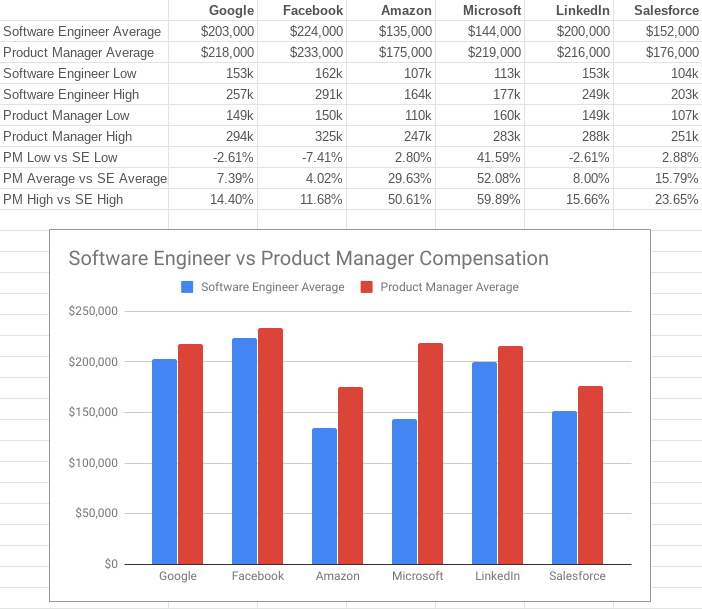
How Apple Is Organized for Innovation
Interesting article on the contrarian org design that Apple maintains even at the scale of well over 100,000 employees: functional instead of divisional. The argument is made that this is somewhat unique due to Apple being in a rapidly evolving, highly technical competitive space. Experts need to lead experts to stay ahead:
It’s easier to get the balance right between an attention to costs and the value added to the user experience when the leaders making decisions are those with deep expertise in their areas rather than general managers being held accountable primarily for meeting numerical targets. Whereas the fundamental principle of a conventional business unit structure is to align accountability and control, the fundamental principle of a functional organization is to align expertise and decision rights.
https://hbr.org/2020/11/how-apple-is-organized-for-innovation
Part of the success at scale is a focus on a few core leadership principles.
Ever since Steve Jobs implemented the functional organization, Apple’s managers at every level, from senior vice president on down, have been expected to possess three key leadership characteristics: deep expertise that allows them to meaningfully engage in all the work being done within their individual functions; immersion in the details of those functions; and a willingness to collaboratively debate other functions during collective decision-making. When managers have these attributes, decisions are made in a coordinated fashion by the people most qualified to make them.
Apple is not a company where general managers oversee managers; rather, it is a company where experts lead experts. The assumption is that it’s easier to train an expert to manage well than to train a manager to be an expert.


